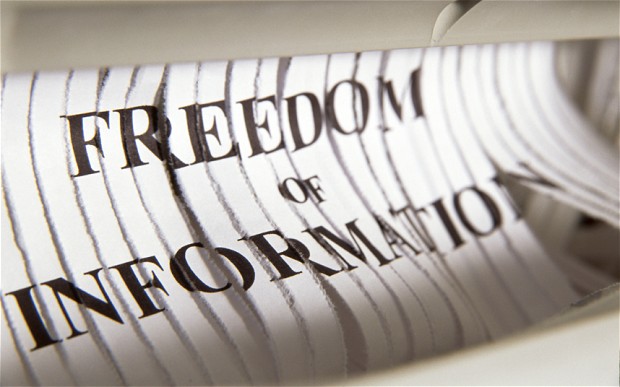 Written by Rasim Ibrahimagić
Written by Rasim Ibrahimagić
Sarajevo, December 2015.
In order to ensure the realization of the concept of good governance, government institutions are obliged to ensure transparency of their work in a way that timely and extensive inform the public about their activities, respond to the needs of citizens, and to ensure the accessibility and transparency. To this purpose a concept defined as the right of access to information was developed, and that includes user’s access to information, availability of information and the right to further spread the available information. The right to access to information available to public authorities is now widely recognized as a fundamental human right protected by international public documents. Free access to information is the foundation of democratic life affirming transparency of public administration, which allows citizens to create a critical and objective opinion on the situation and developments in society through legal opportunities to obtain information on matters of public interest. Accordingly, freedom of access to information is the condicio sine qua non of the democratic process. In most countries it is a constitutional category that appears as an independent right or as part of other rights such as the right to free expression. Free access to information is regulated in a number of international instruments, including: Universal Declaration of Human Rights of the United Nations, the International Covenant on Civil and Political Rights, the European Convention for the Protection of Human Rights and Fundamental Freedoms, Council of Europe recommendations; Aarhus Convention and others.
Read more in B/C/S language version.